When you think about music that moves not just your feet but also your soul, Fela Kuti is a name that should come to mind. Known as the father of Afrobeat, Fela wasn't just a musician; he was a force of nature, a revolutionary, and a voice for the voiceless. Let's dive into the fascinating life of Fela Kuti and how he changed the musical landscape forever.
The Birth of a Legend
Born Olufela Olusegun Oludotun Ransome-Kuti on October 15, 1938, in Abeokuta, Nigeria, Fela was destined for greatness from the start. His mother, Funmilayo Ransome-Kuti, was a prominent feminist and activist, while his father, Reverend Israel Oludotun Ransome-Kuti, was a school principal and the first president of the Nigerian Union of Teachers. Talk about strong roots!
Fela initially studied music in London, where he was introduced to jazz and the big band sounds of the 1950s. But it was during his time in the United States in the 1960s that his worldview—and his music—began to evolve.
The Afrobeat Revolution
So, what exactly is Afrobeat? Imagine a blend of traditional African rhythms, jazz, highlife, funk, and a sprinkle of political activism, all mixed into one vibrant genre. That’s Afrobeat, and Fela Kuti was its pioneer.
Fela didn't just play music; he lived it. His songs often lasted 10 to 15 minutes (sometimes even longer), featuring complex rhythms and elaborate horn sections that made you want to move. But it wasn’t just about the beats—Fela’s lyrics were often scathing critiques of corruption, oppression, and colonialism. He used his music as a weapon, and his stage as a battleground.
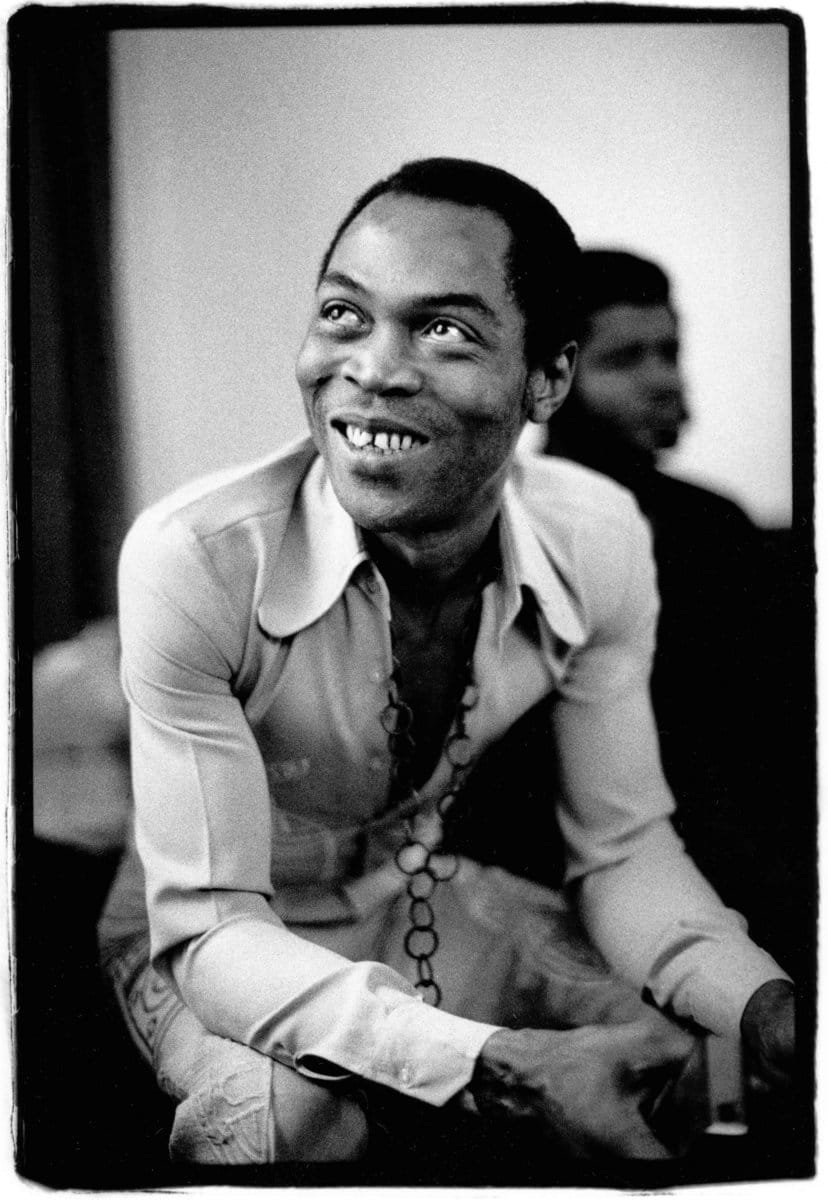
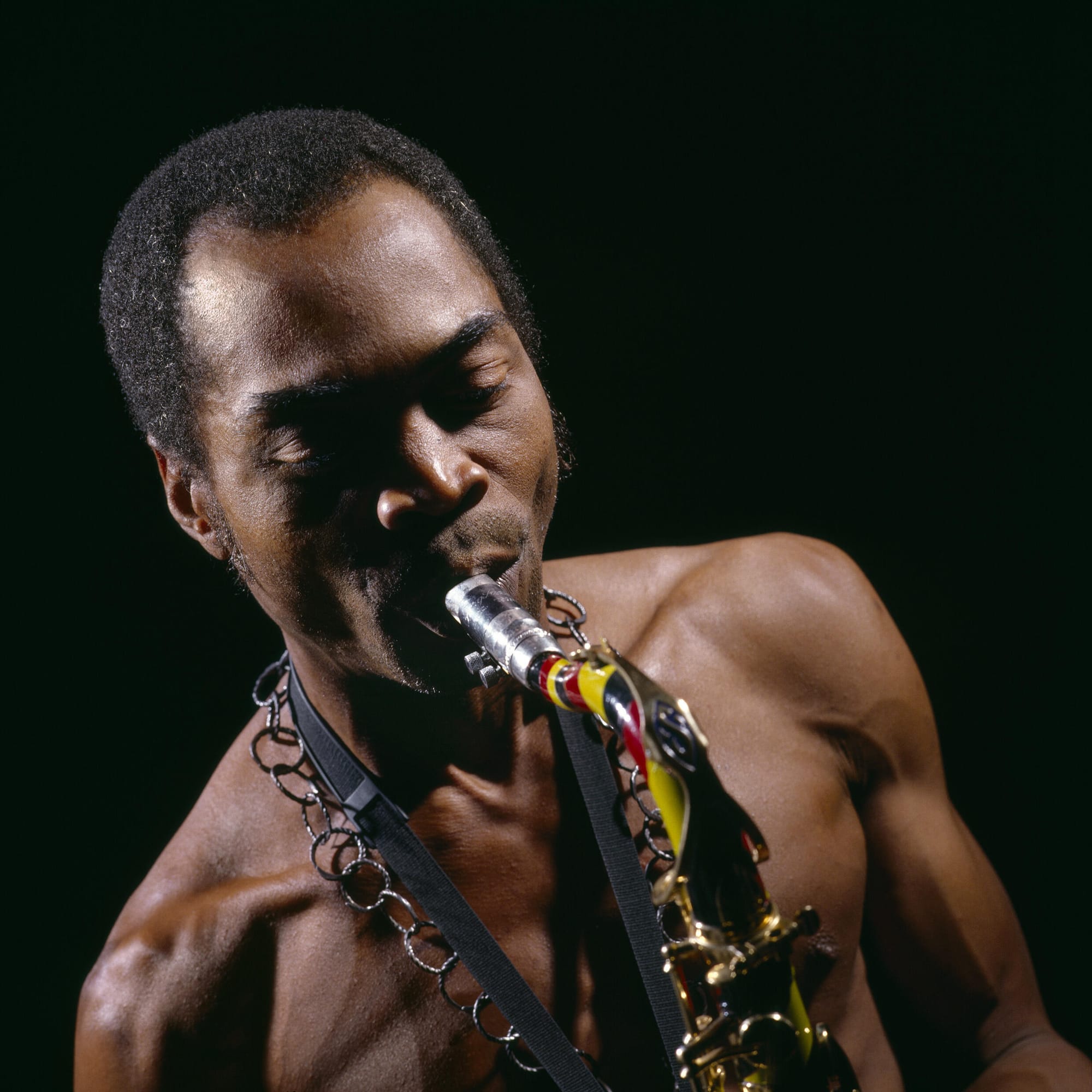
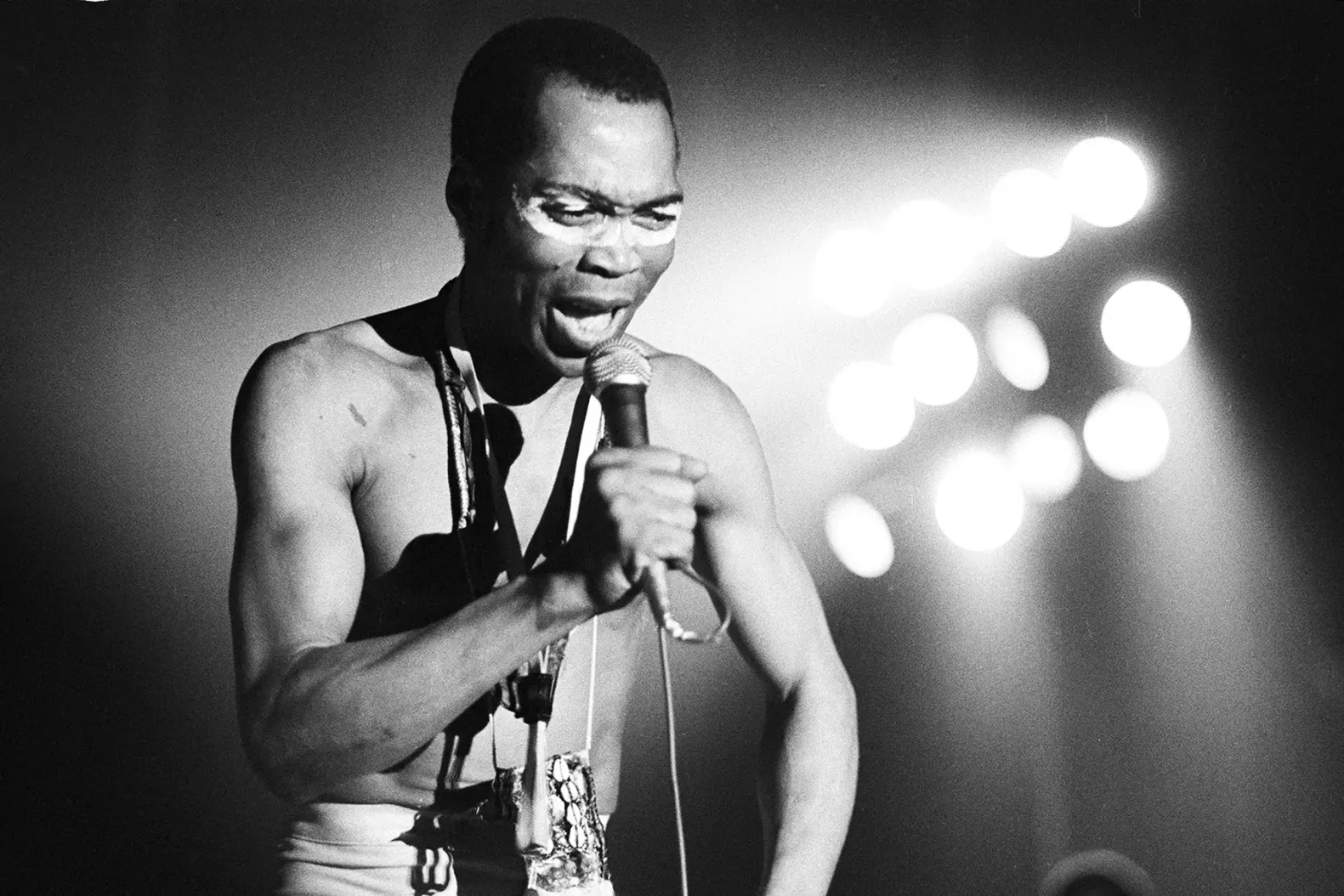
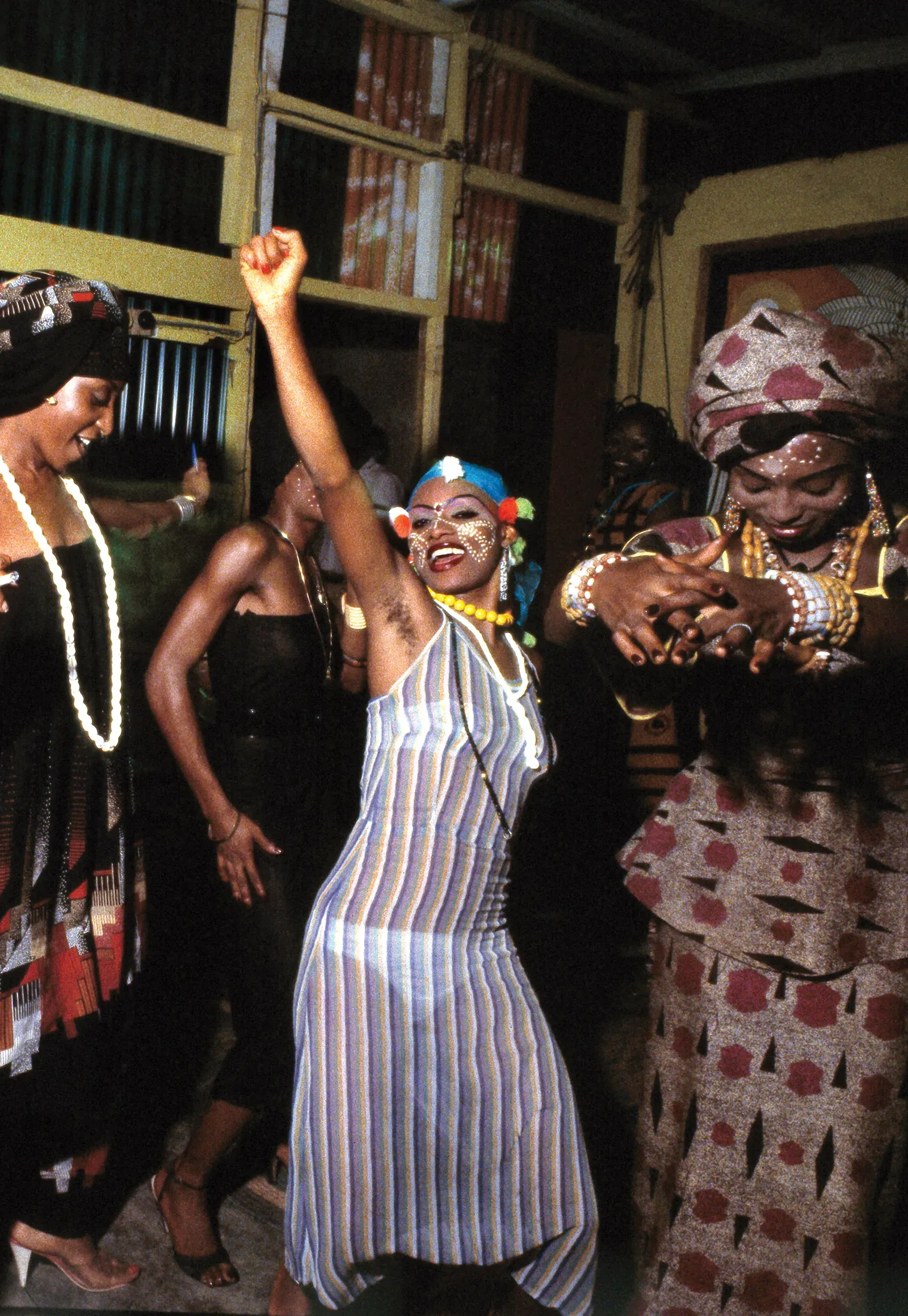
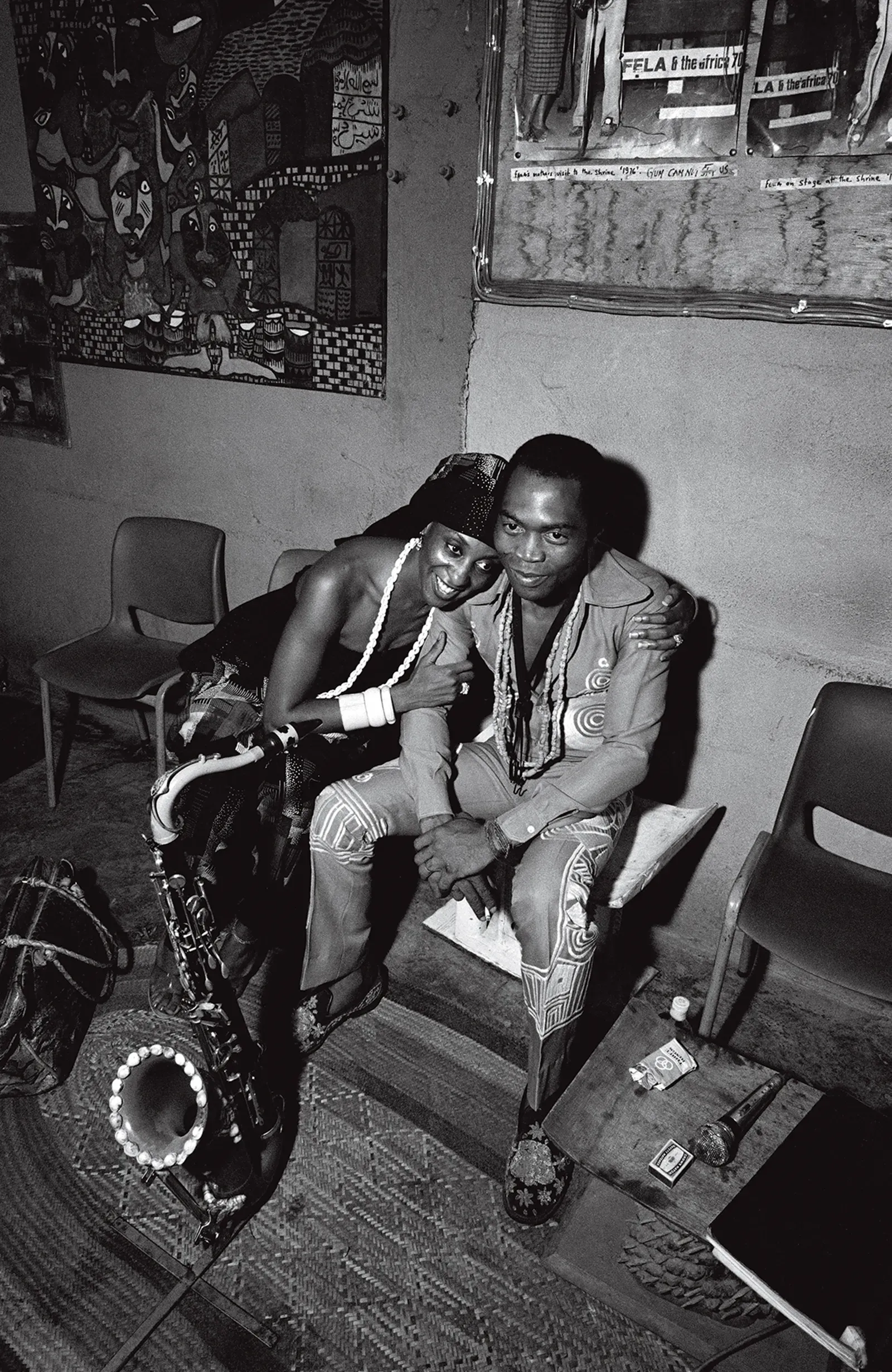
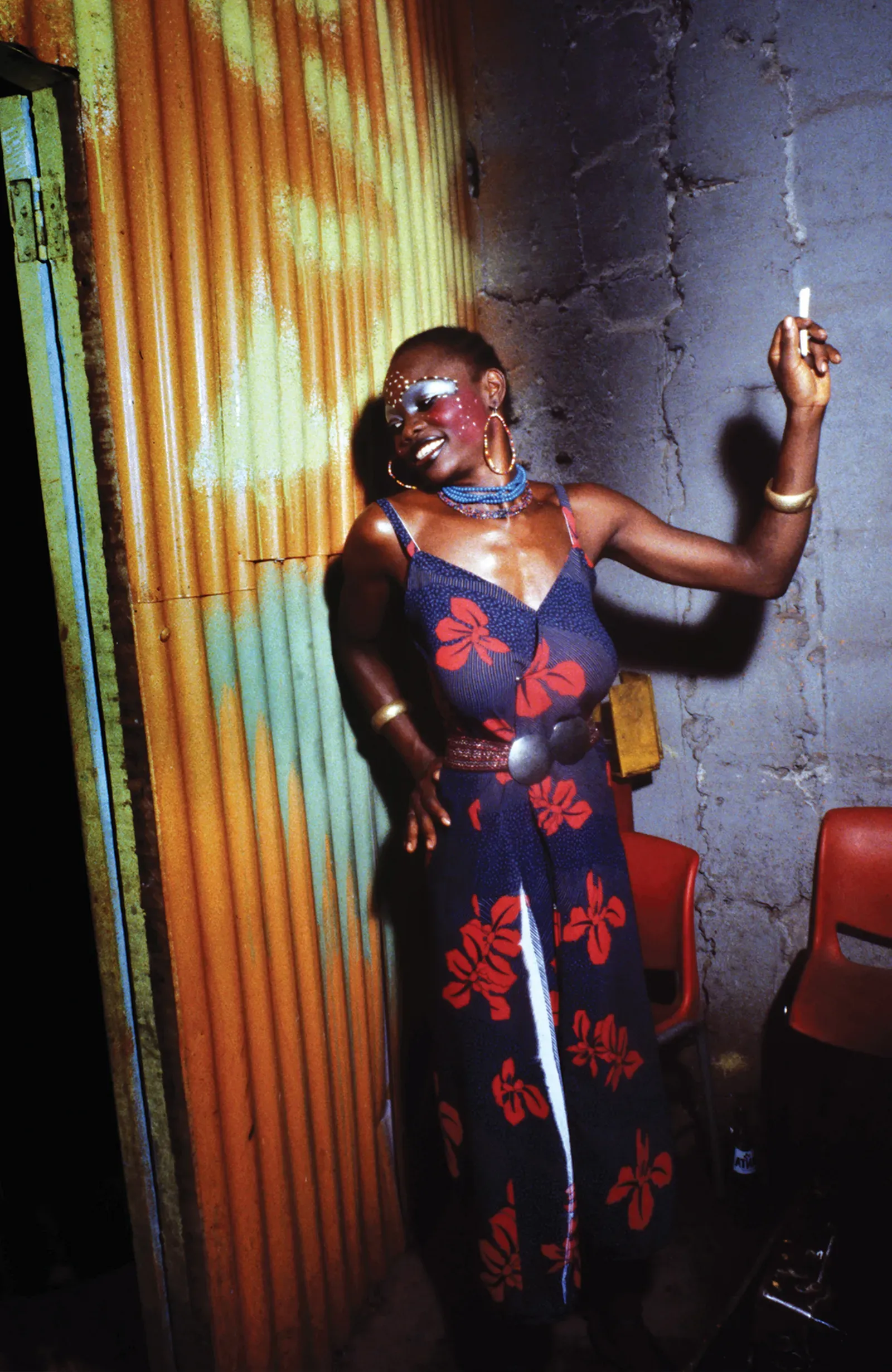
Image Source: GQ and others
A Life of Rebellion
Fela was never one to shy away from controversy. In fact, he seemed to embrace it. His music was banned on Nigerian radio stations, and he was arrested over 200 times for speaking out against the government. But that didn’t stop him.
In 1977, Fela released the album "Zombie", a direct attack on the Nigerian military. The government didn’t take kindly to the critique, and soldiers raided Fela's commune, known as the Kalakuta Republic, severely beating him and burning down the compound. Tragically, Fela’s mother was thrown from a window during the raid and later died from her injuries.
Despite the personal and physical toll, Fela didn’t back down. Instead, he doubled down on his activism, running for president of Nigeria twice—though his candidacy was predictably quashed by the ruling powers.
The Music That Lives On
Fela Kuti passed away on August 2, 1997, from complications related to AIDS, but his legacy is anything but dead. His music has influenced countless artists across the globe, from Paul McCartney to Beyoncé and his spirit lives on in the annual Felabration festival held in his honour in Lagos, Nigeria.
Moreover, Fela’s children, particularly his son Femi Kuti and daughter Yeni Kuti, have carried the torch, keeping Afrobeat alive and relevant in today’s music scene.
Why Fela Matters Today
In an age where music is often seen as mere entertainment, Fela Kuti reminds us that it can also be a powerful tool for social change. His life was a testament to the idea that art should not just reflect society but challenge it. Whether you’re into music, social justice, or just good stories, Fela Kuti’s life is one worth knowing.
So, next time you’re looking for something new to add to your playlist, give Fela Kuti a listen. Not only will you find yourself tapping your feet to the infectious rhythms, but you might also find yourself inspired by the message woven into every beat.


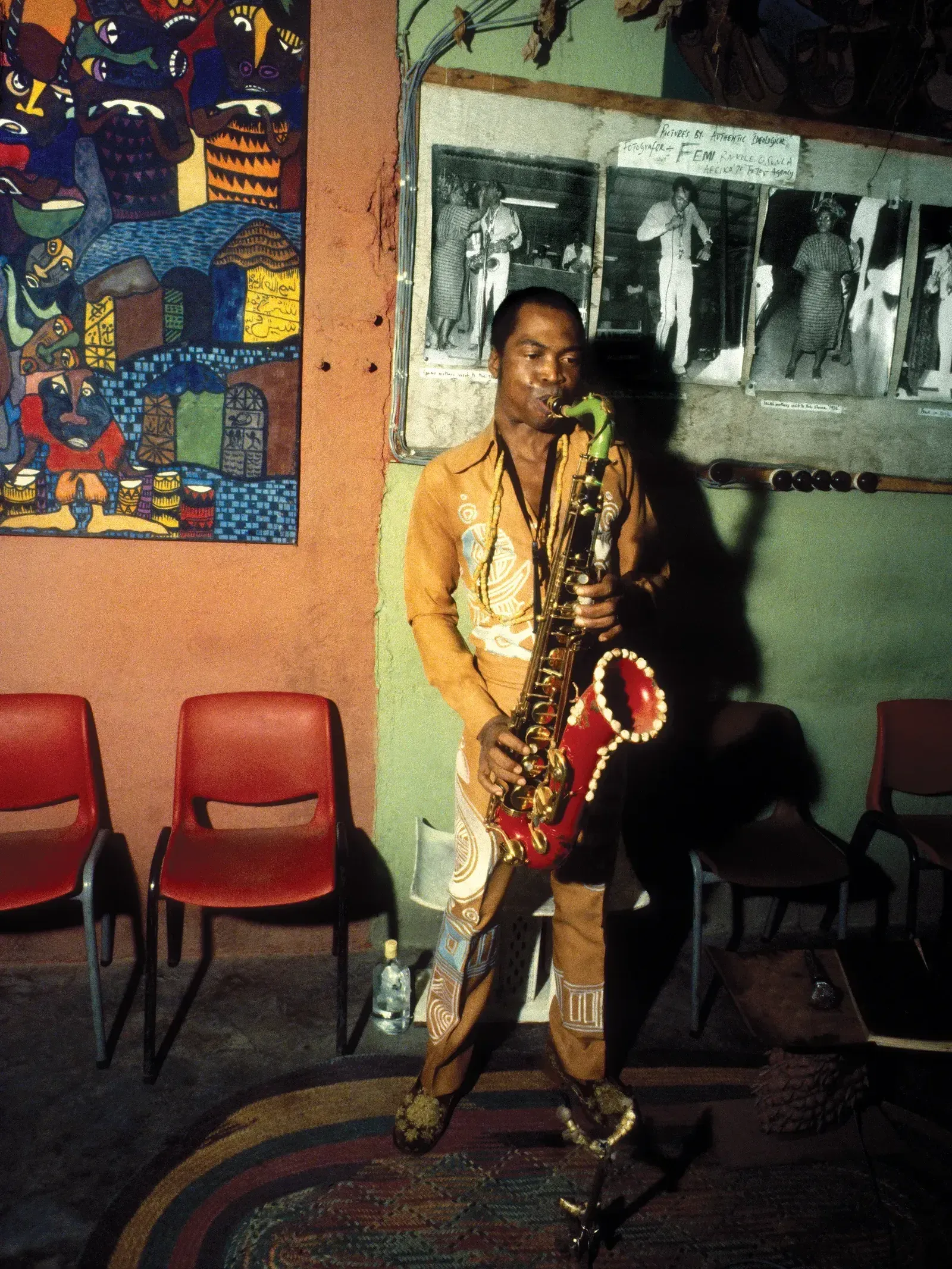



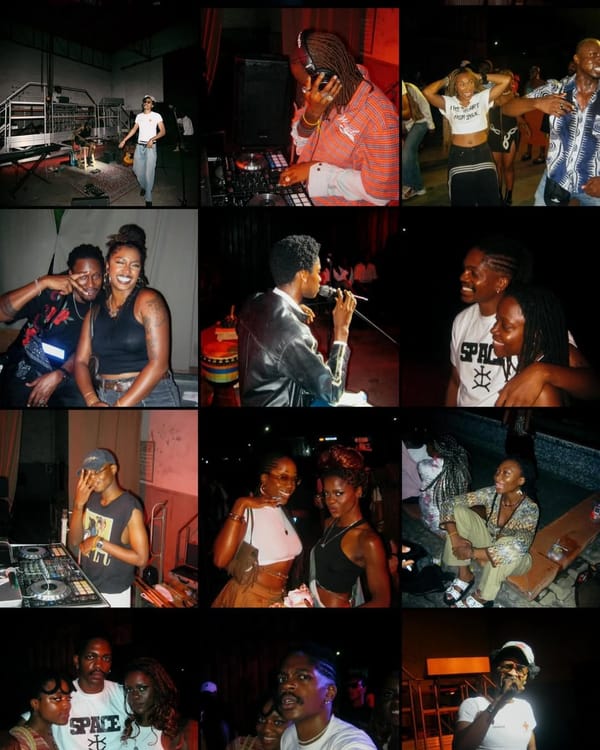


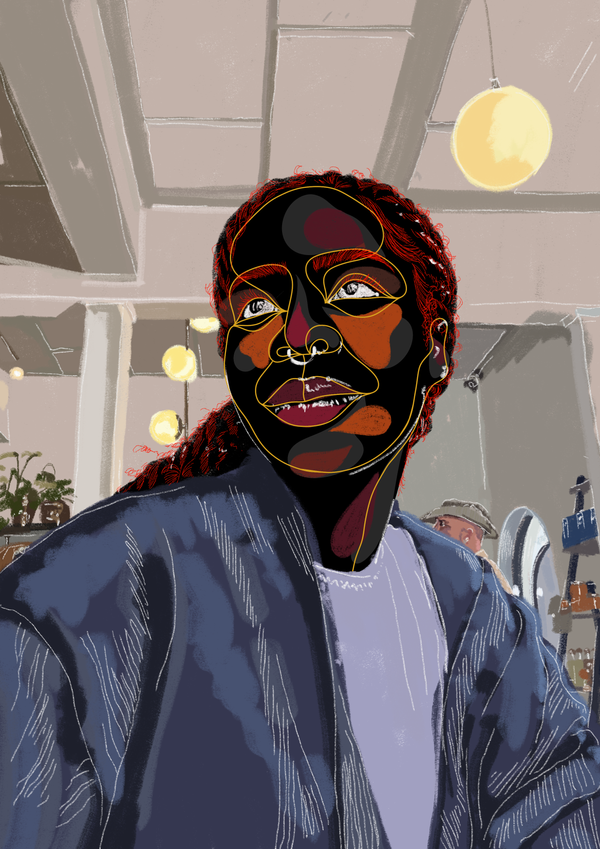

Member discussion